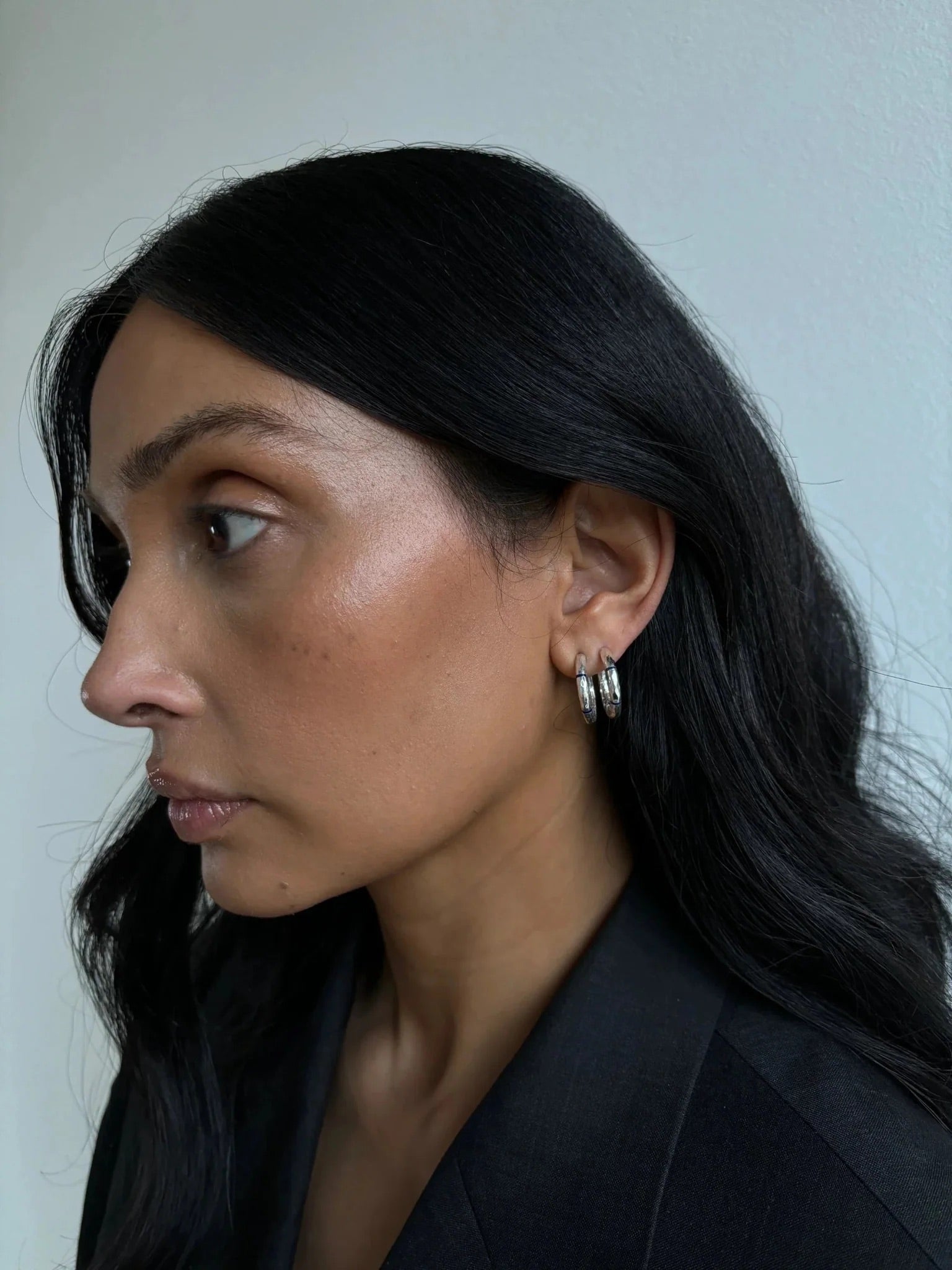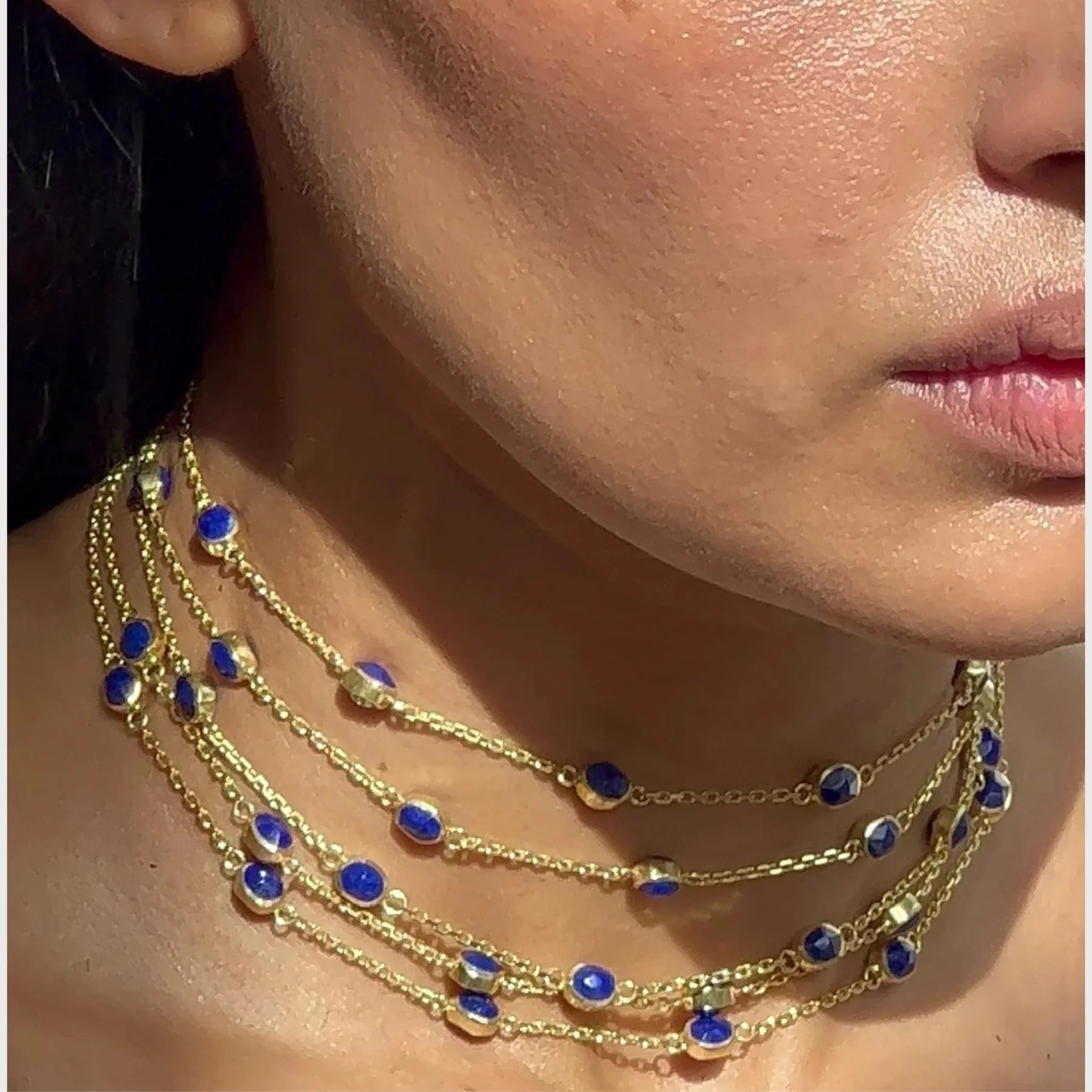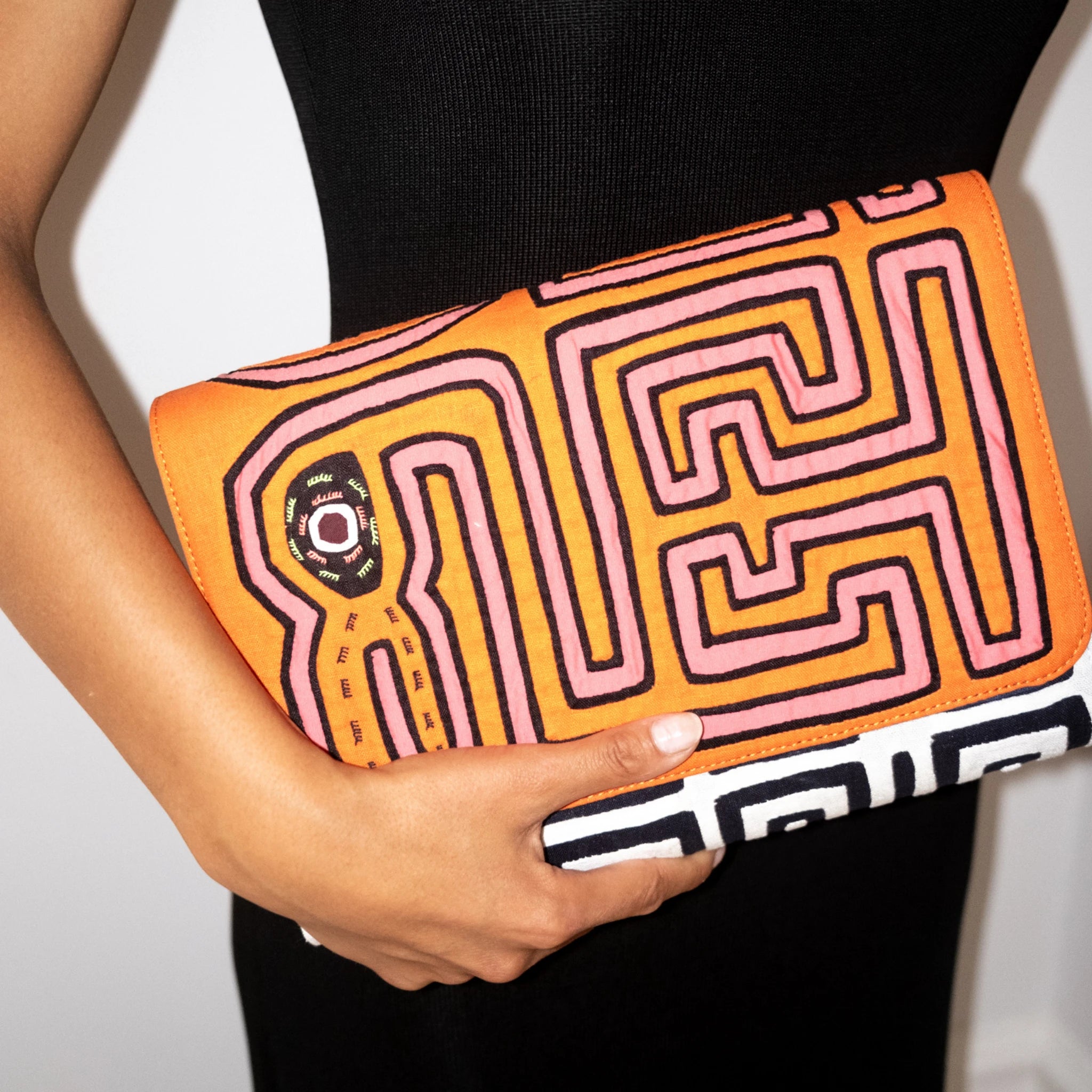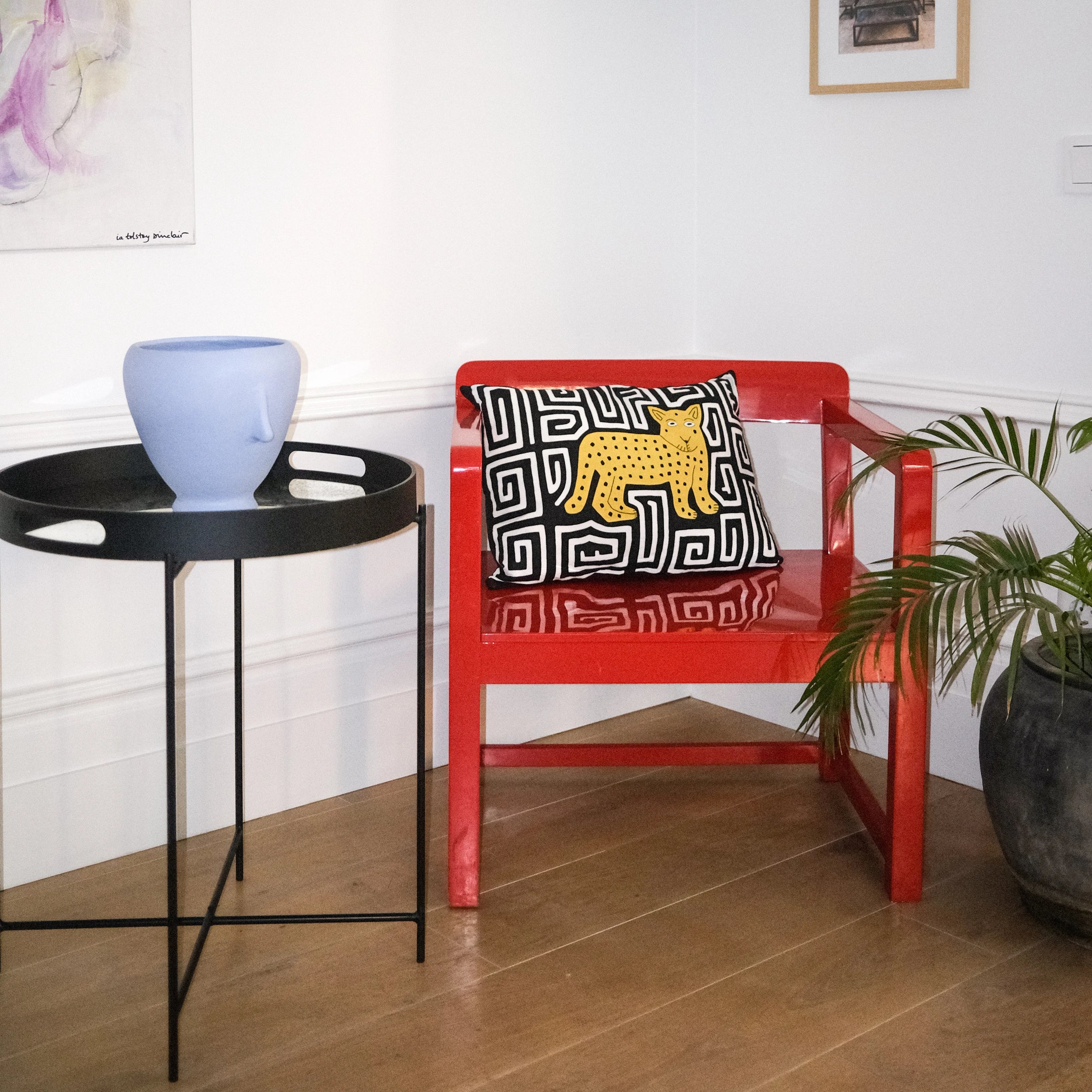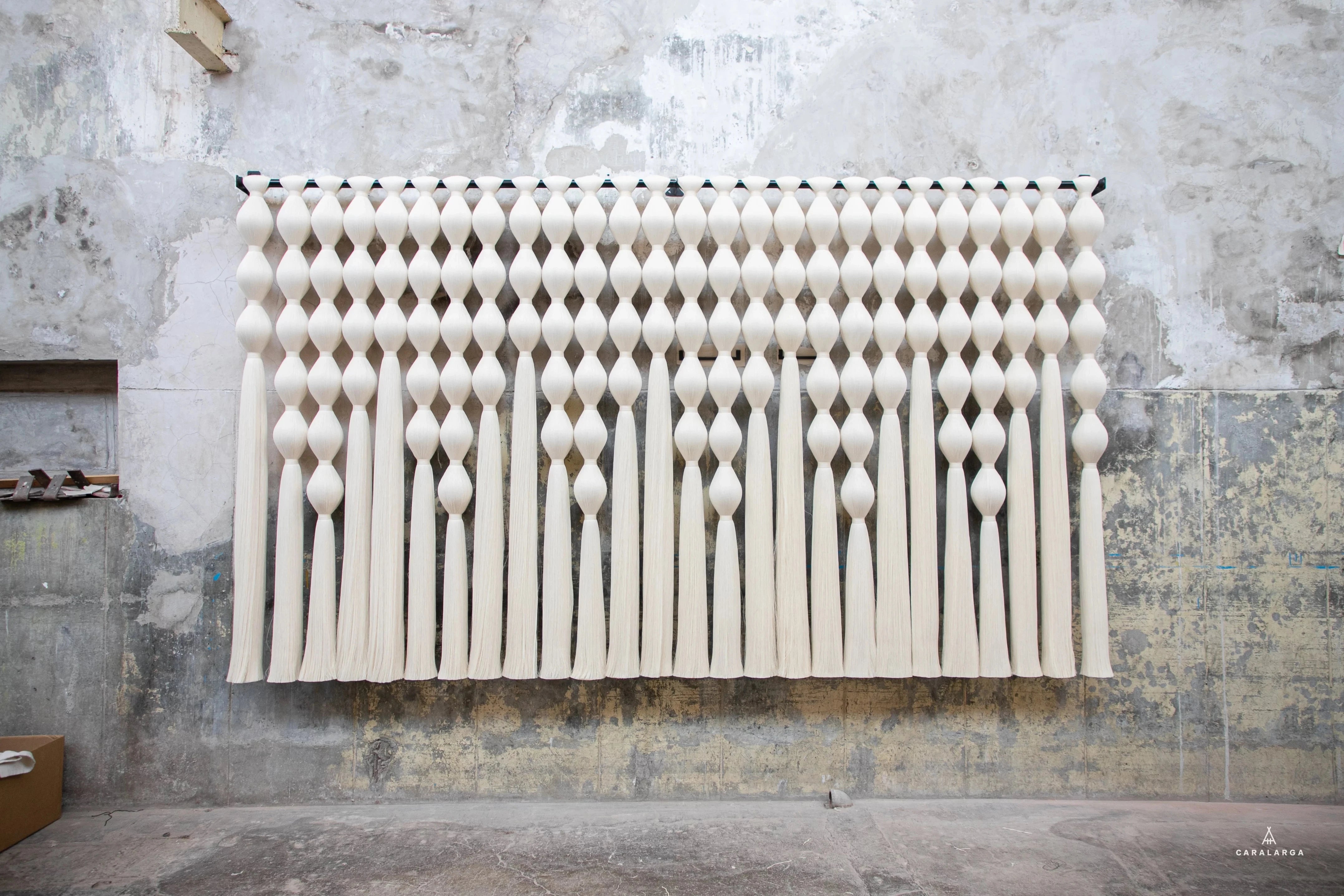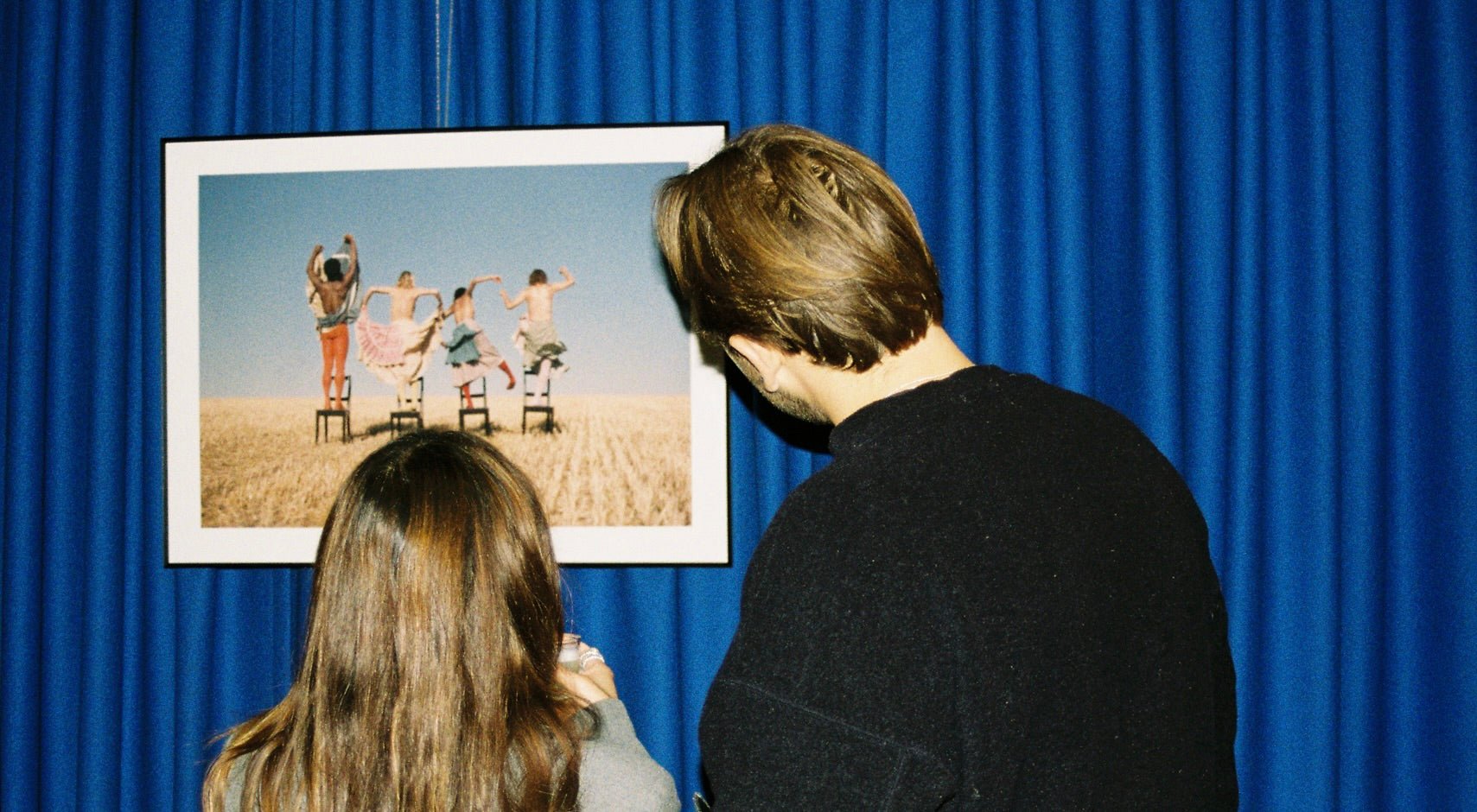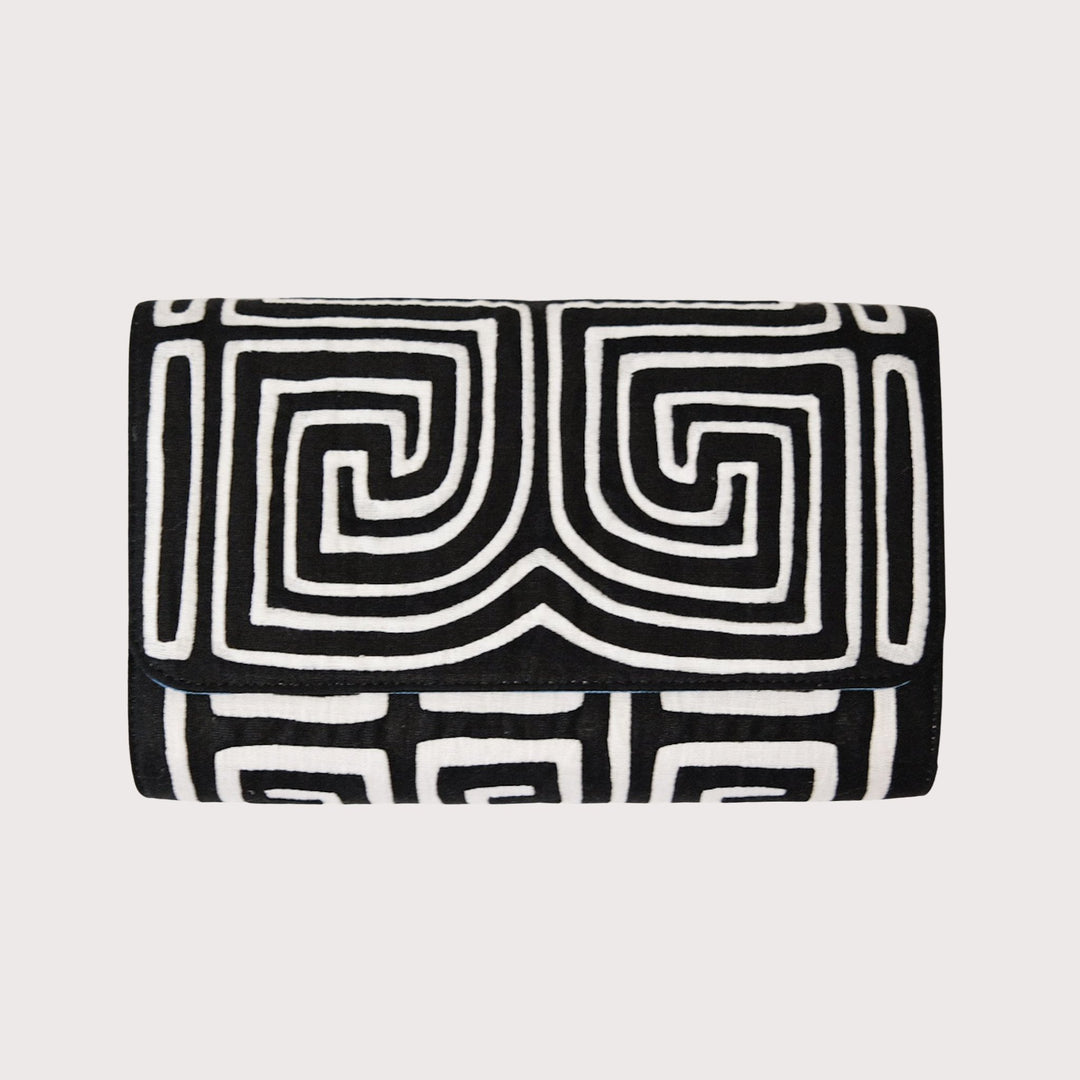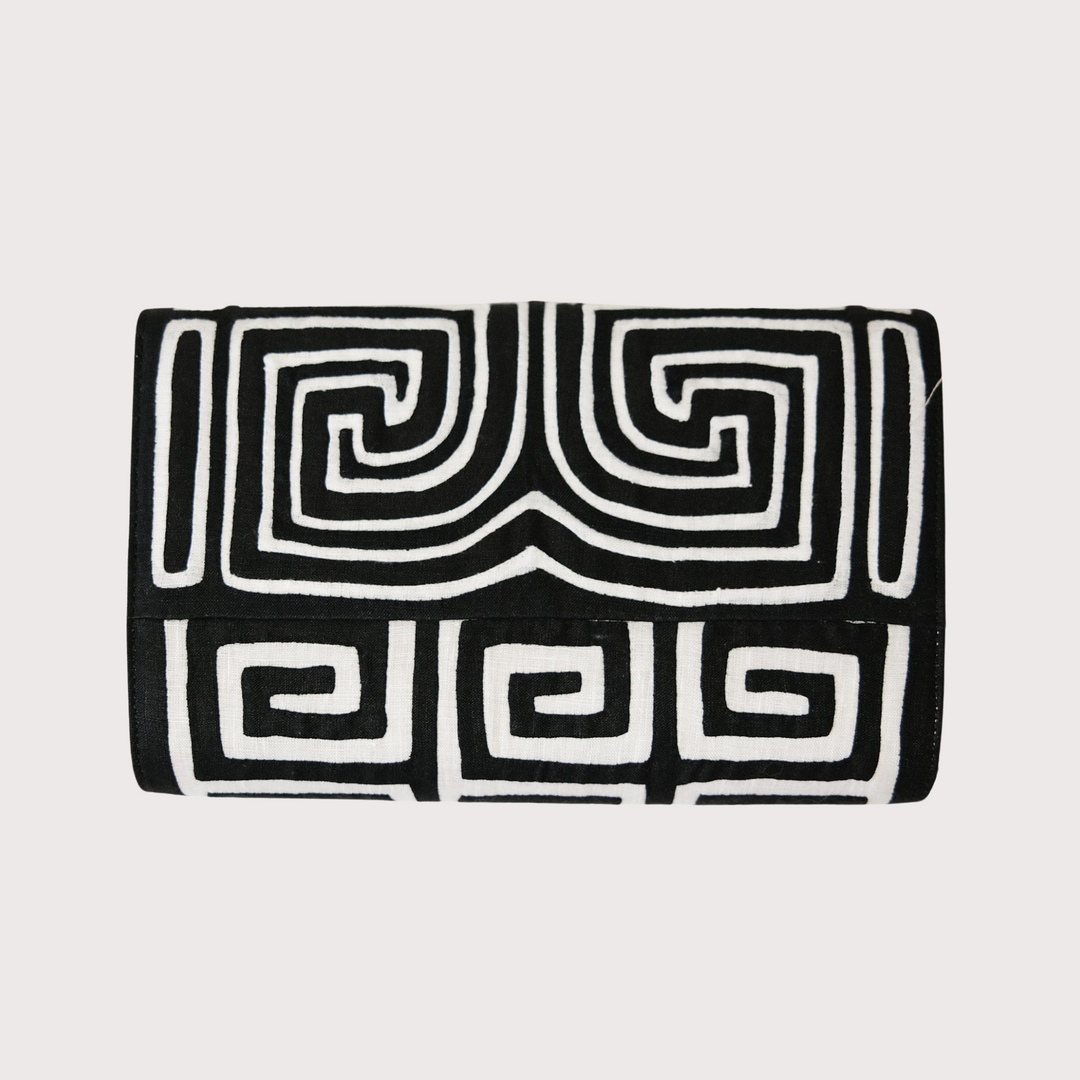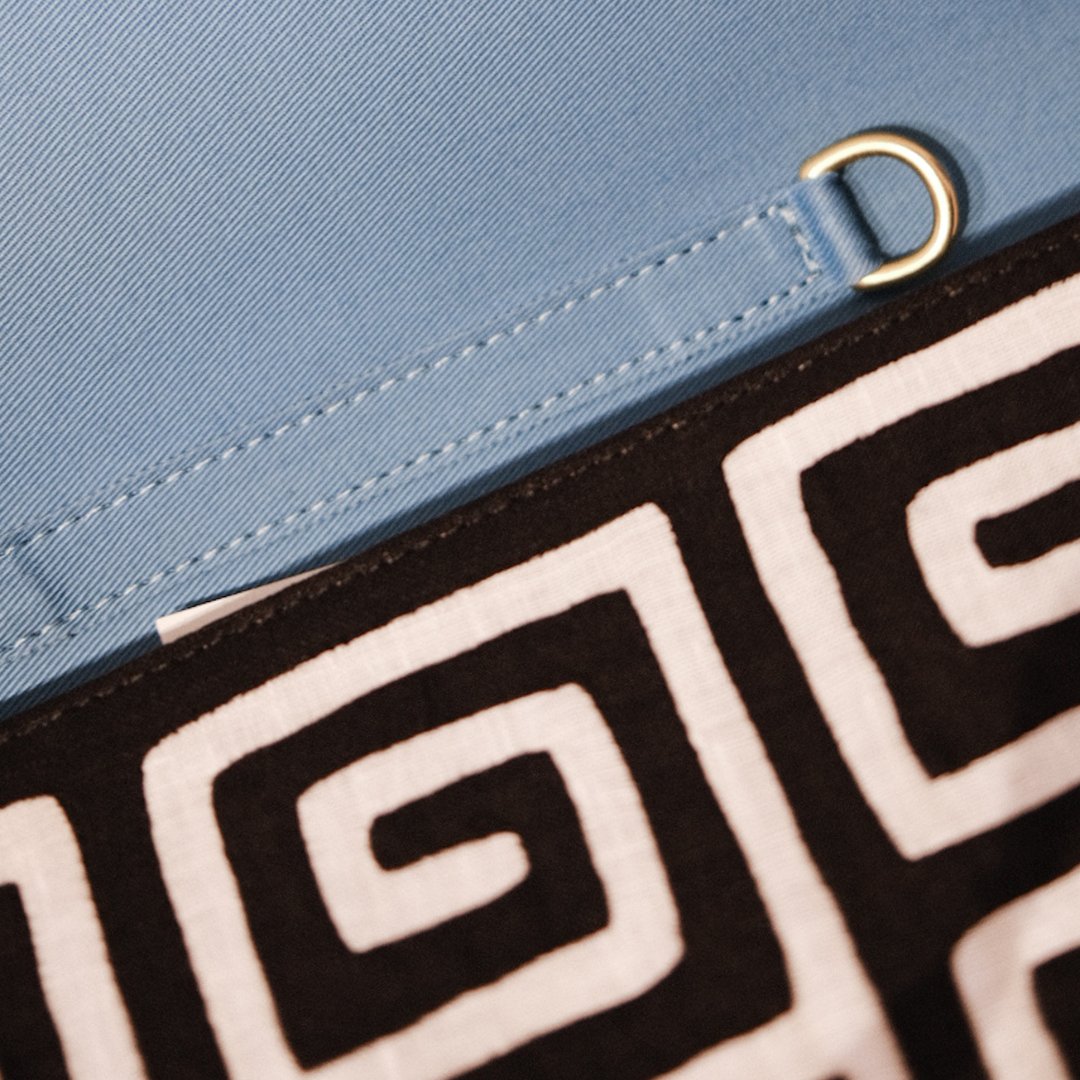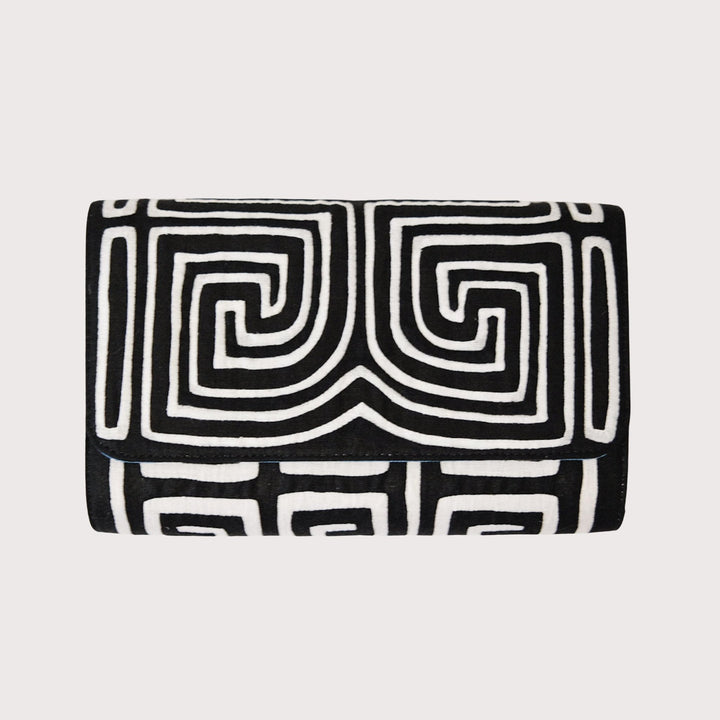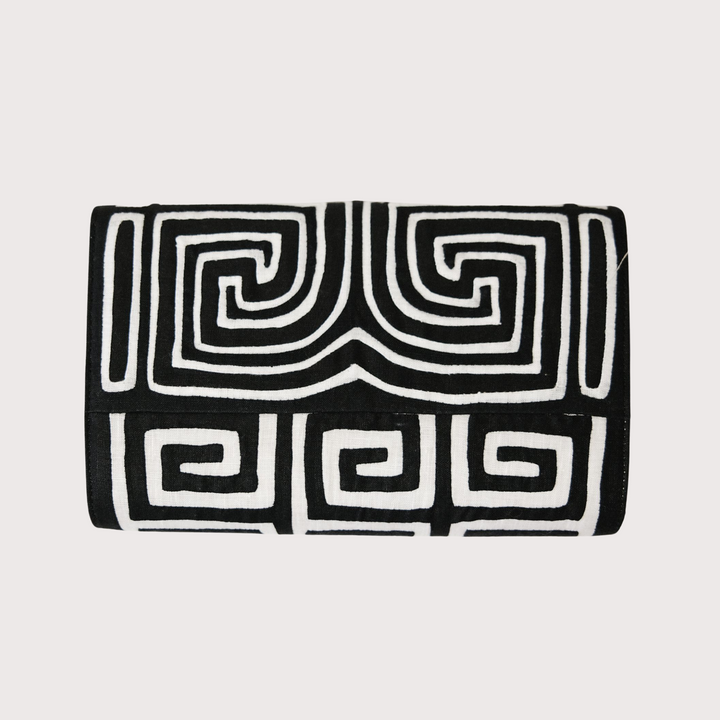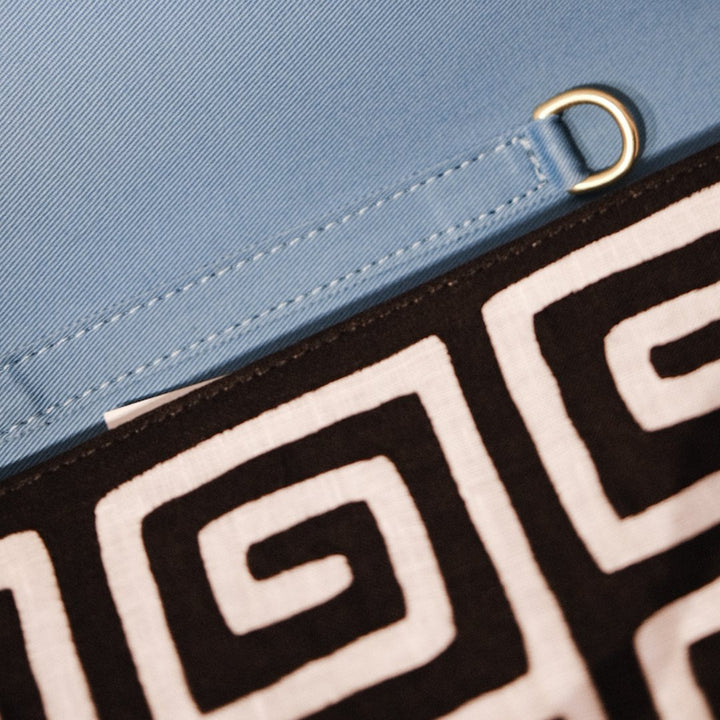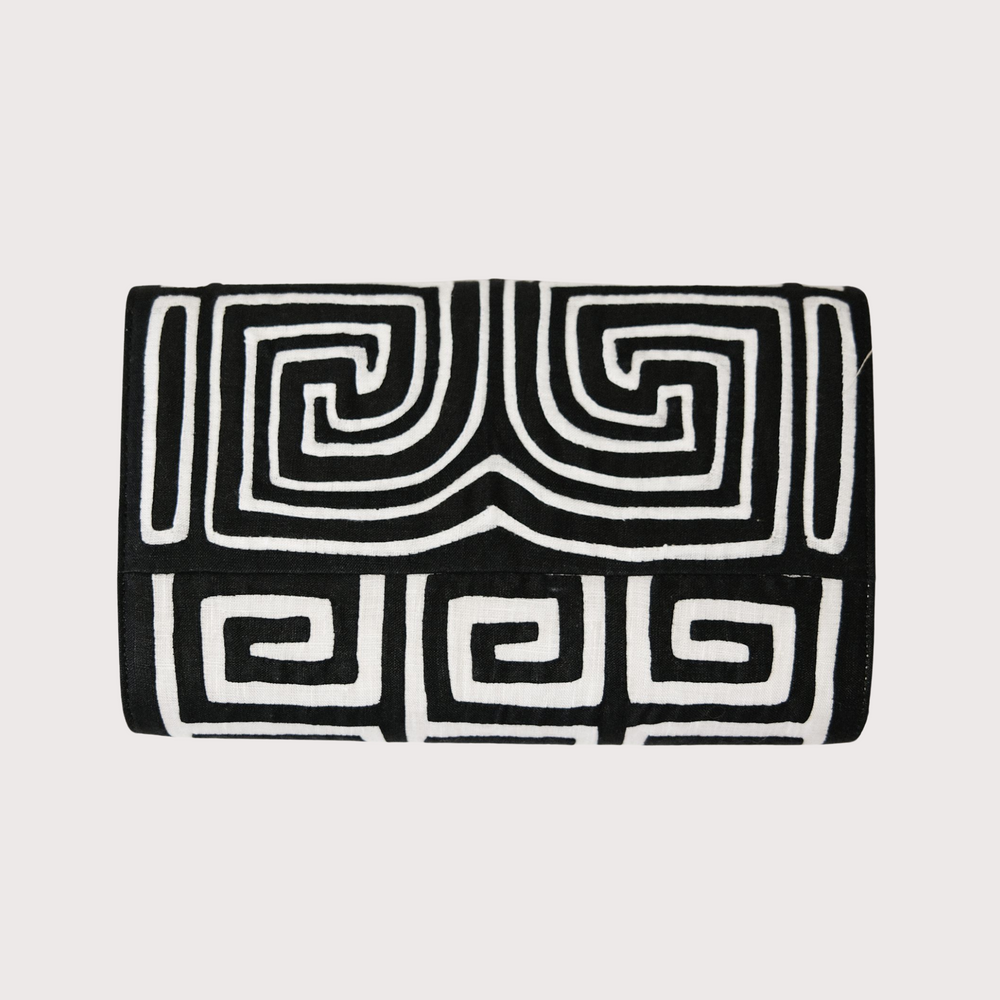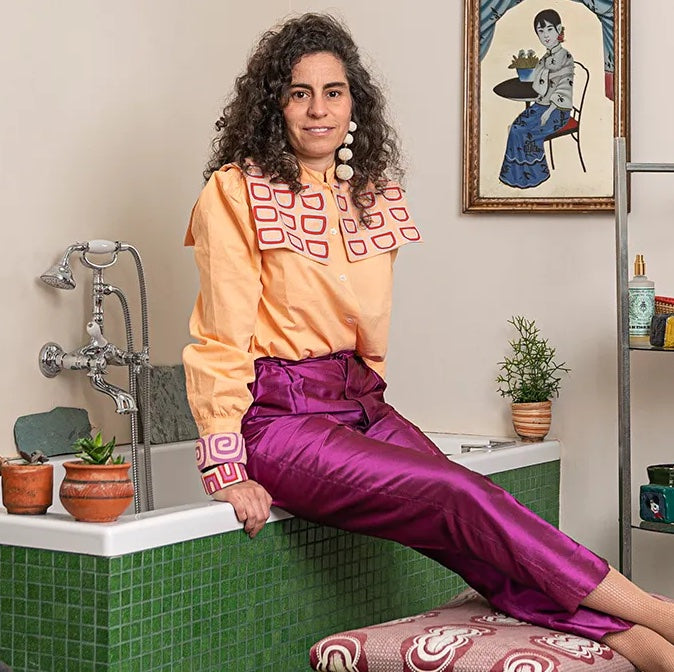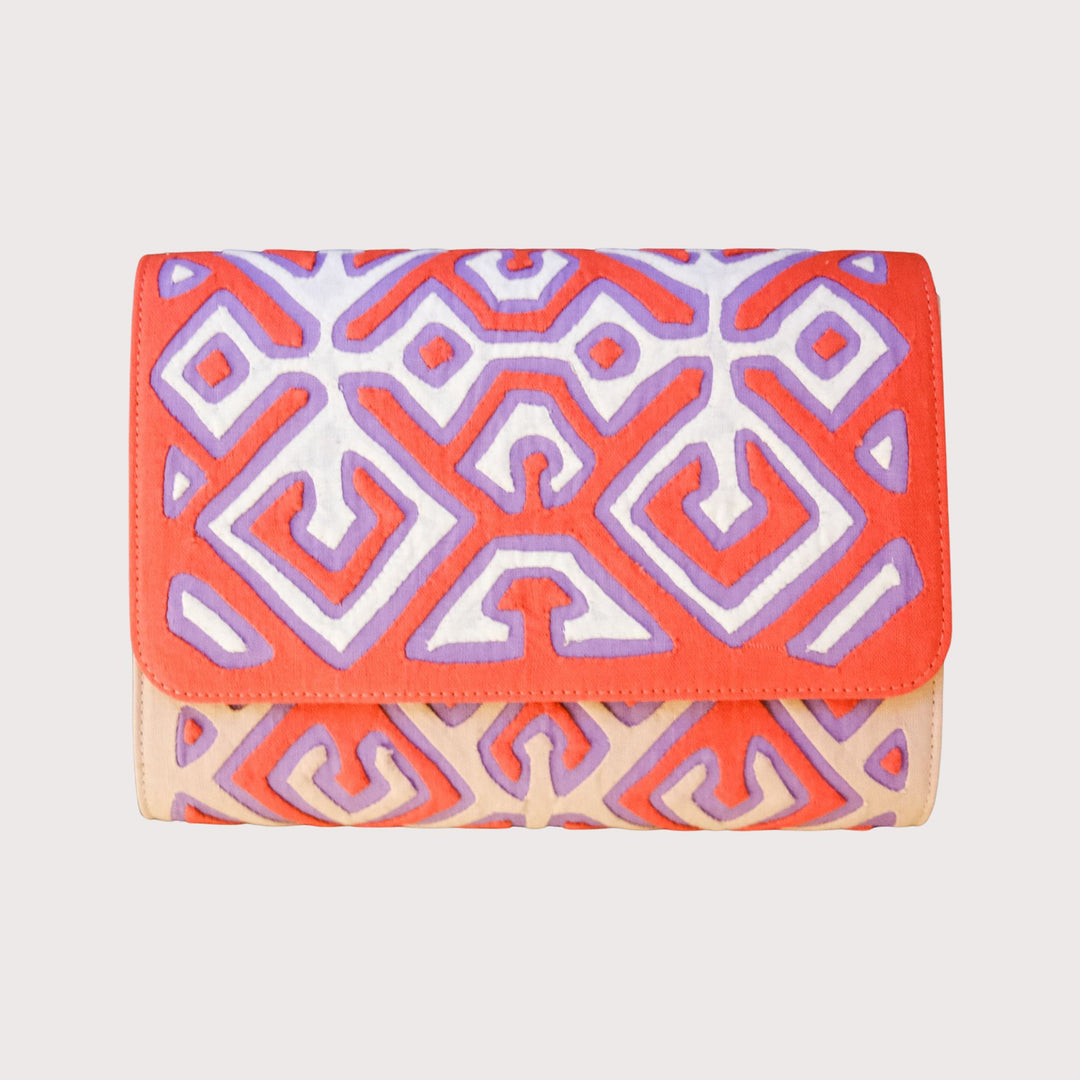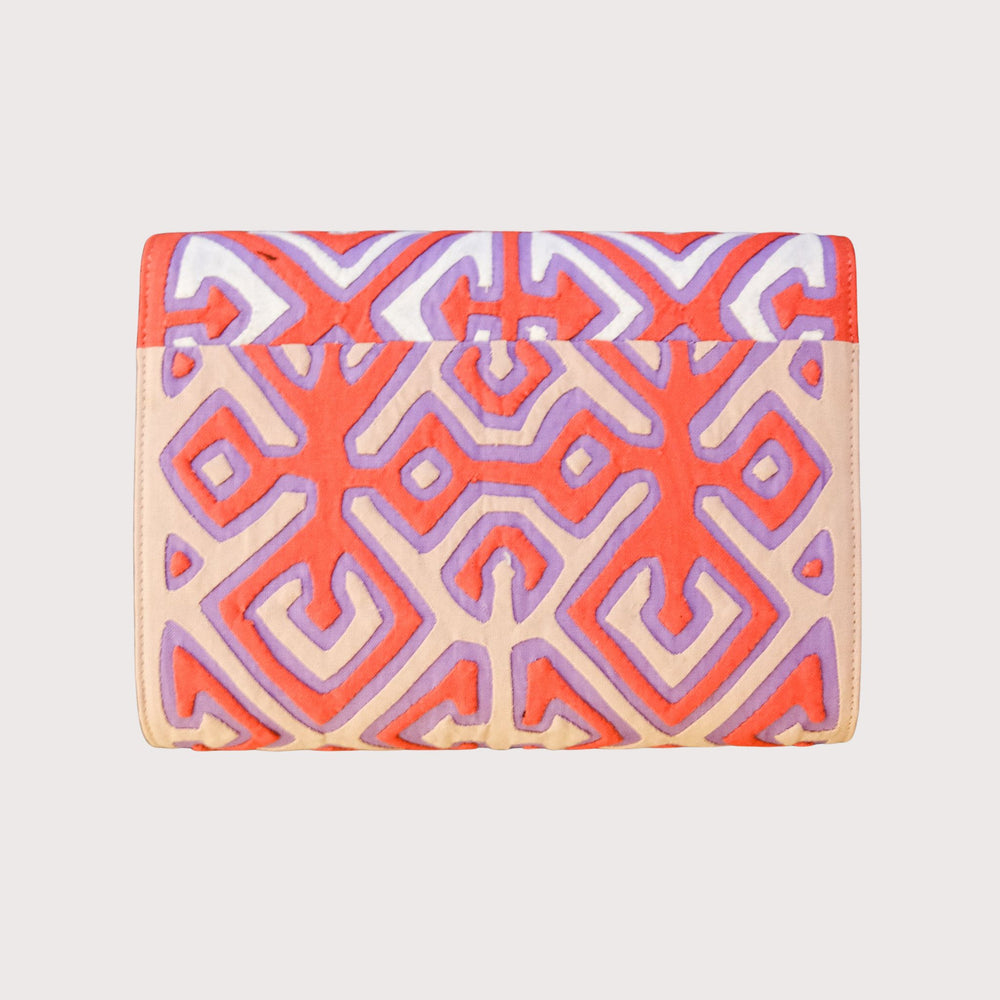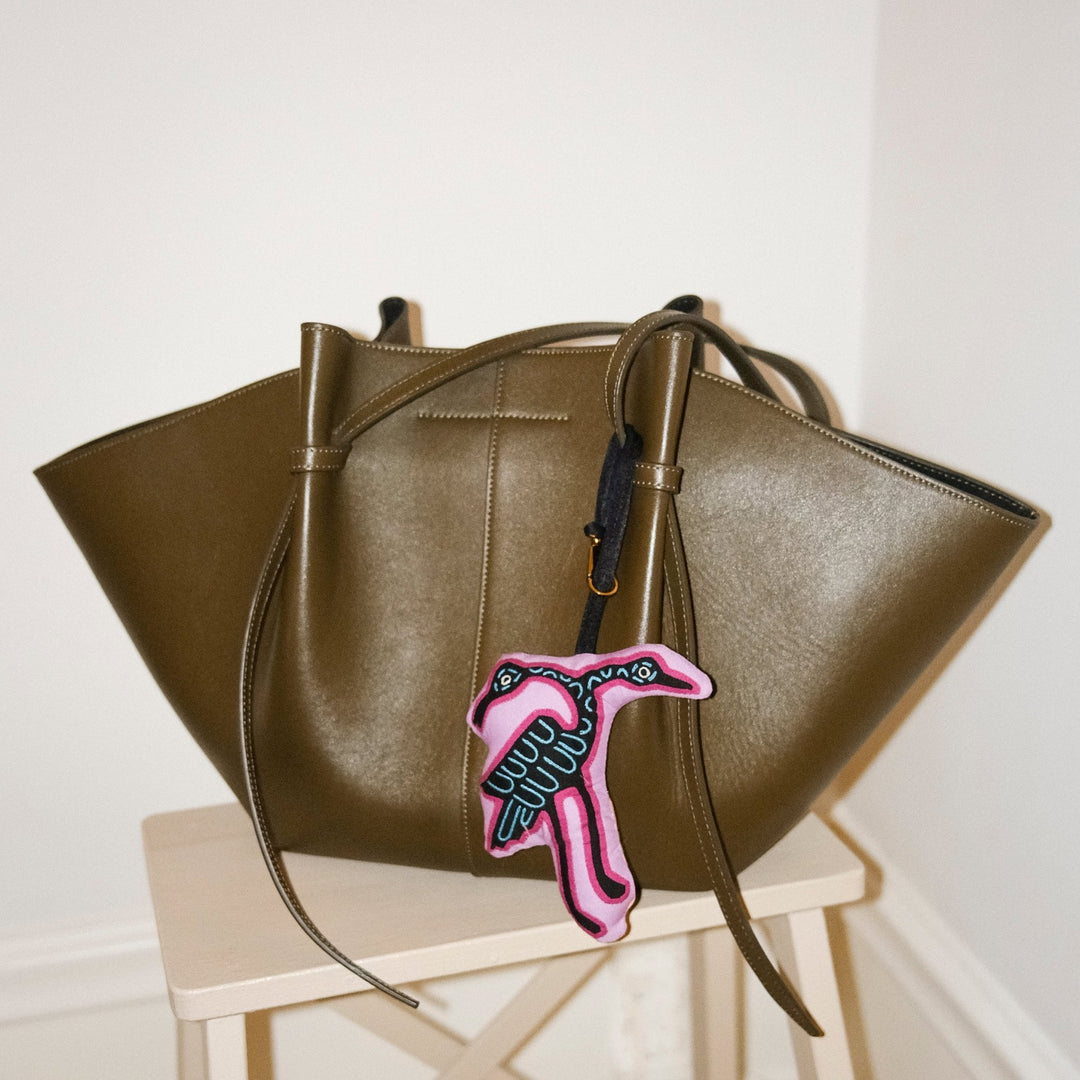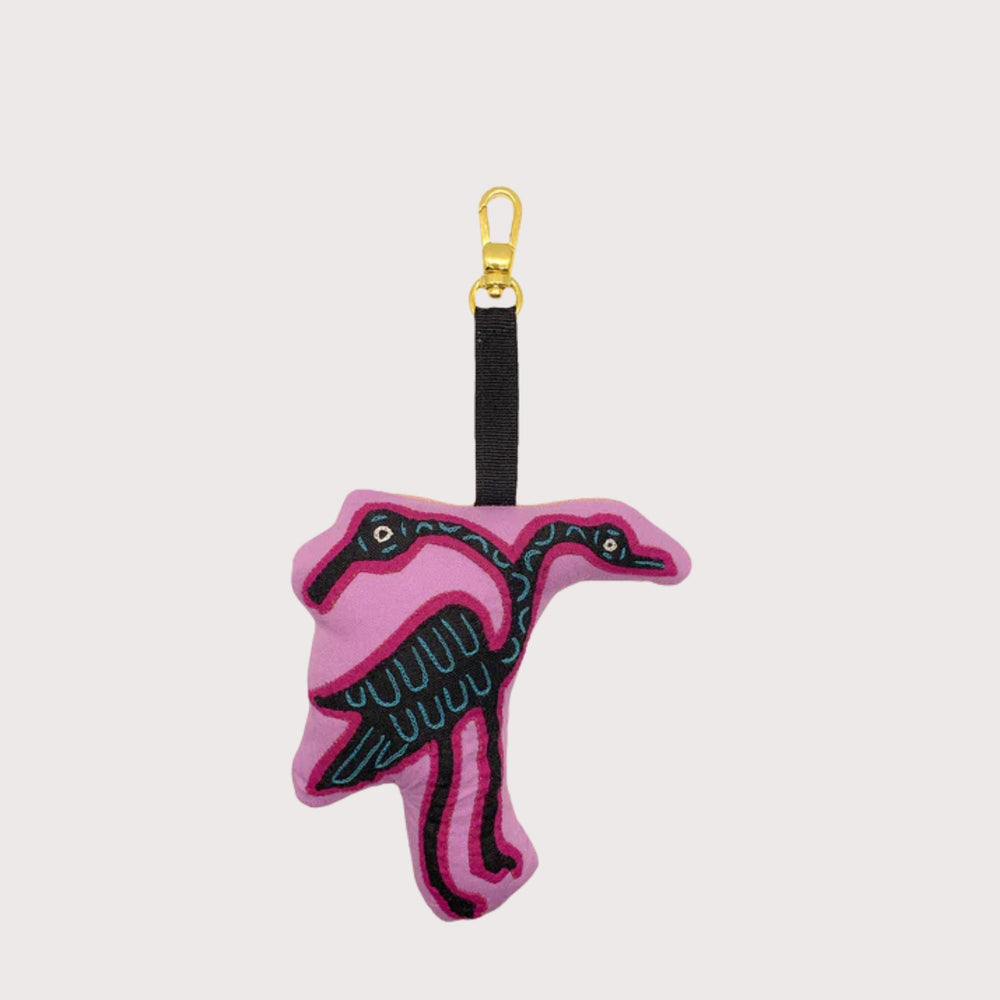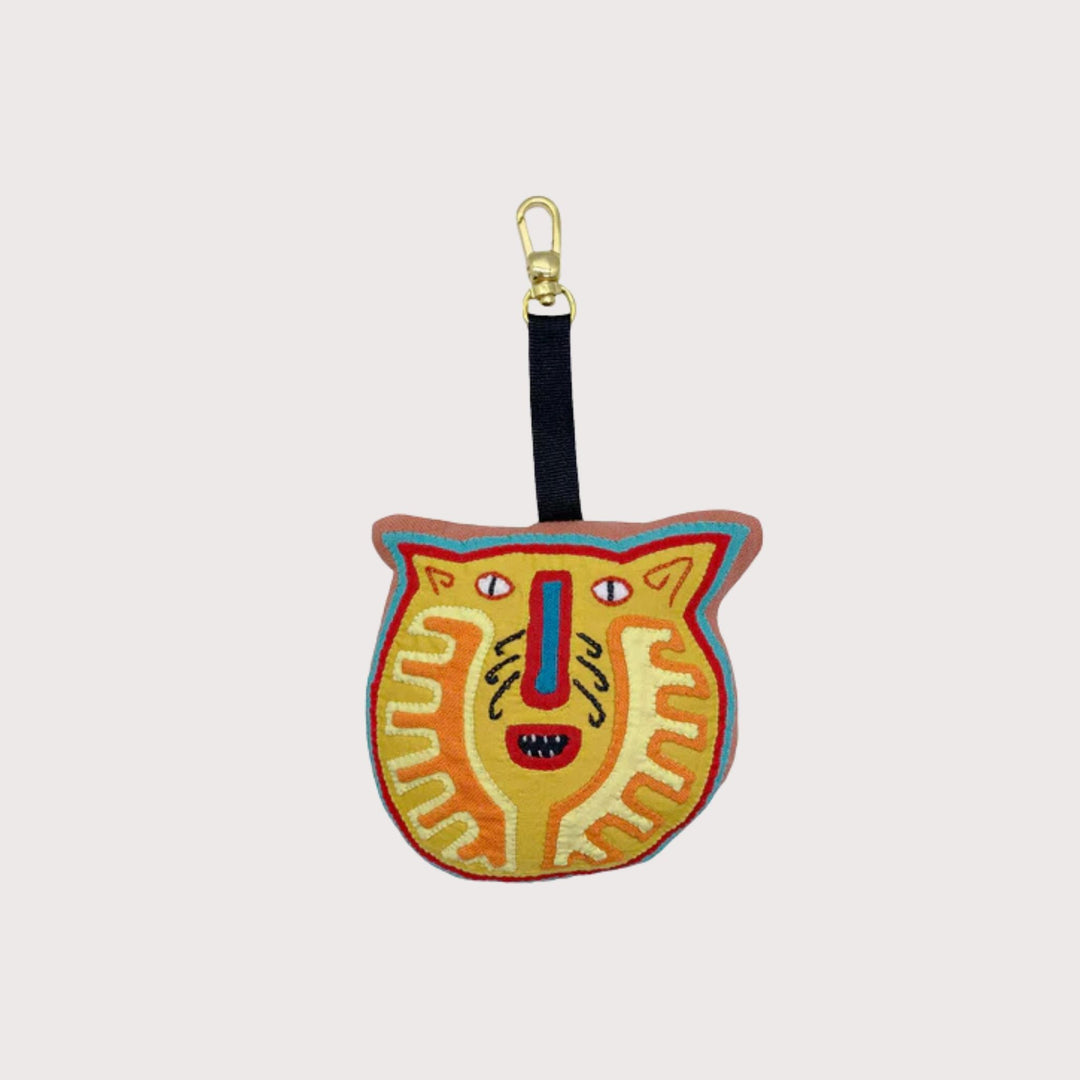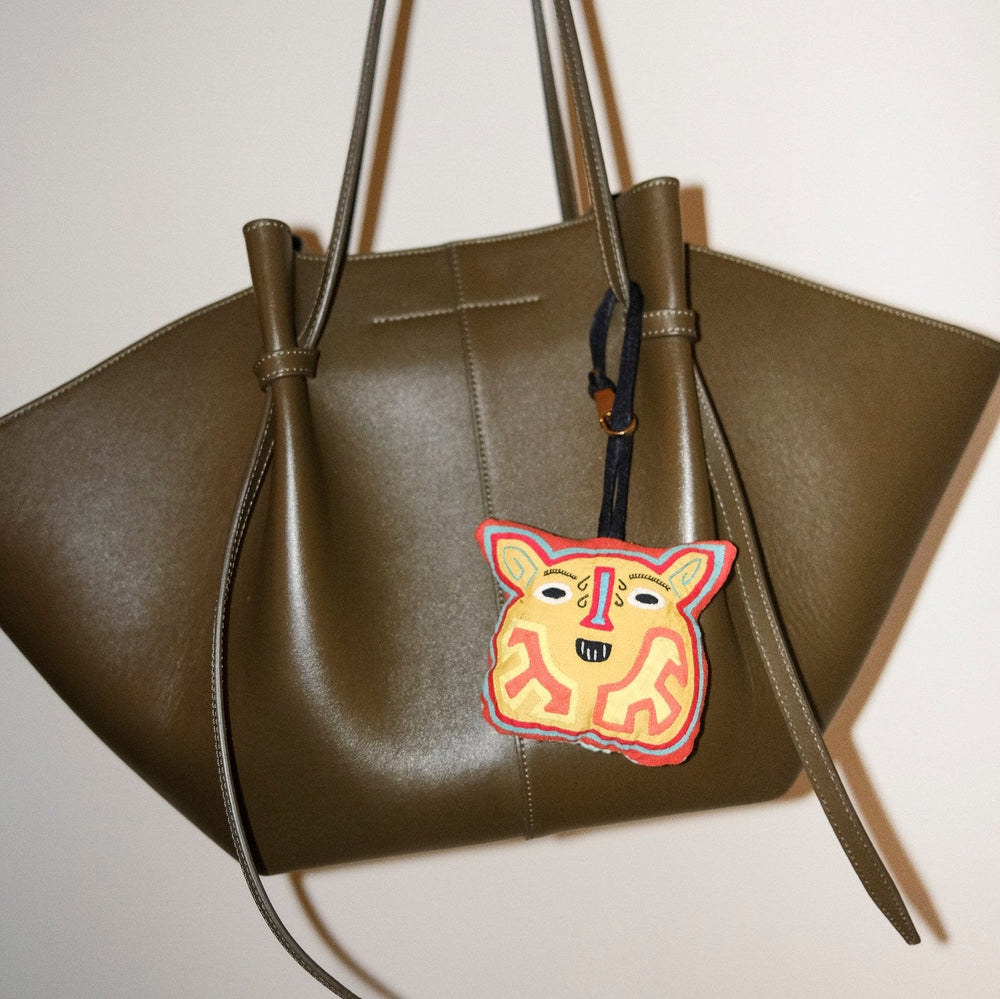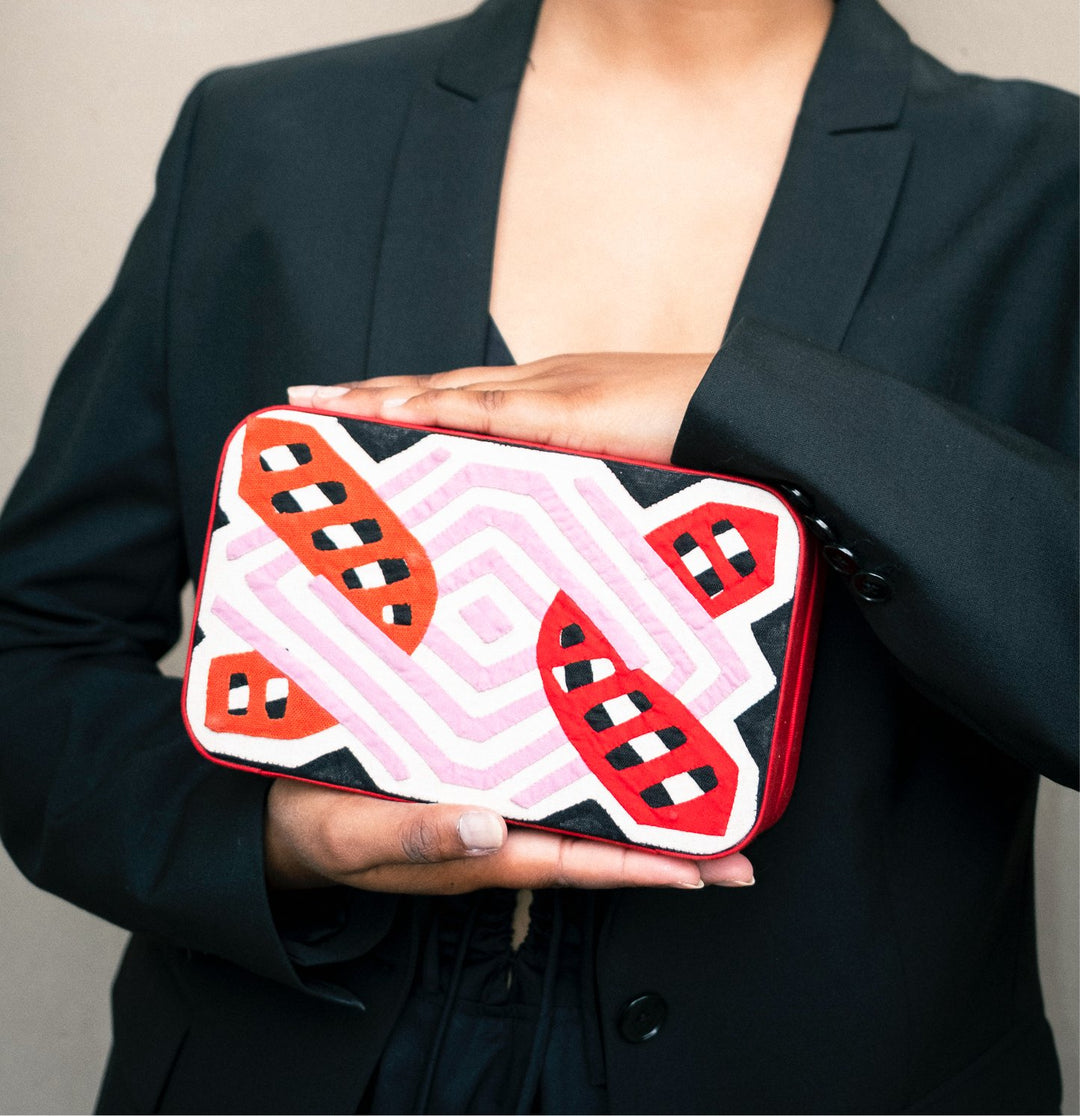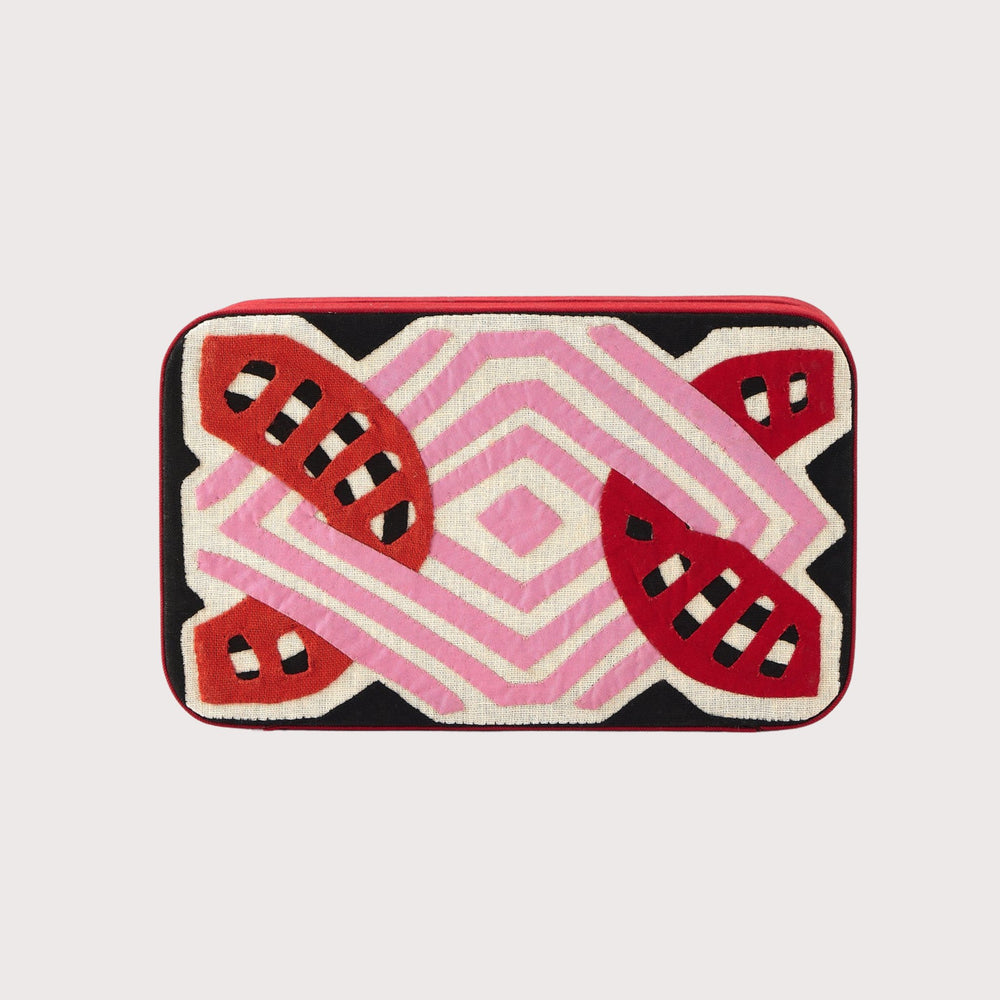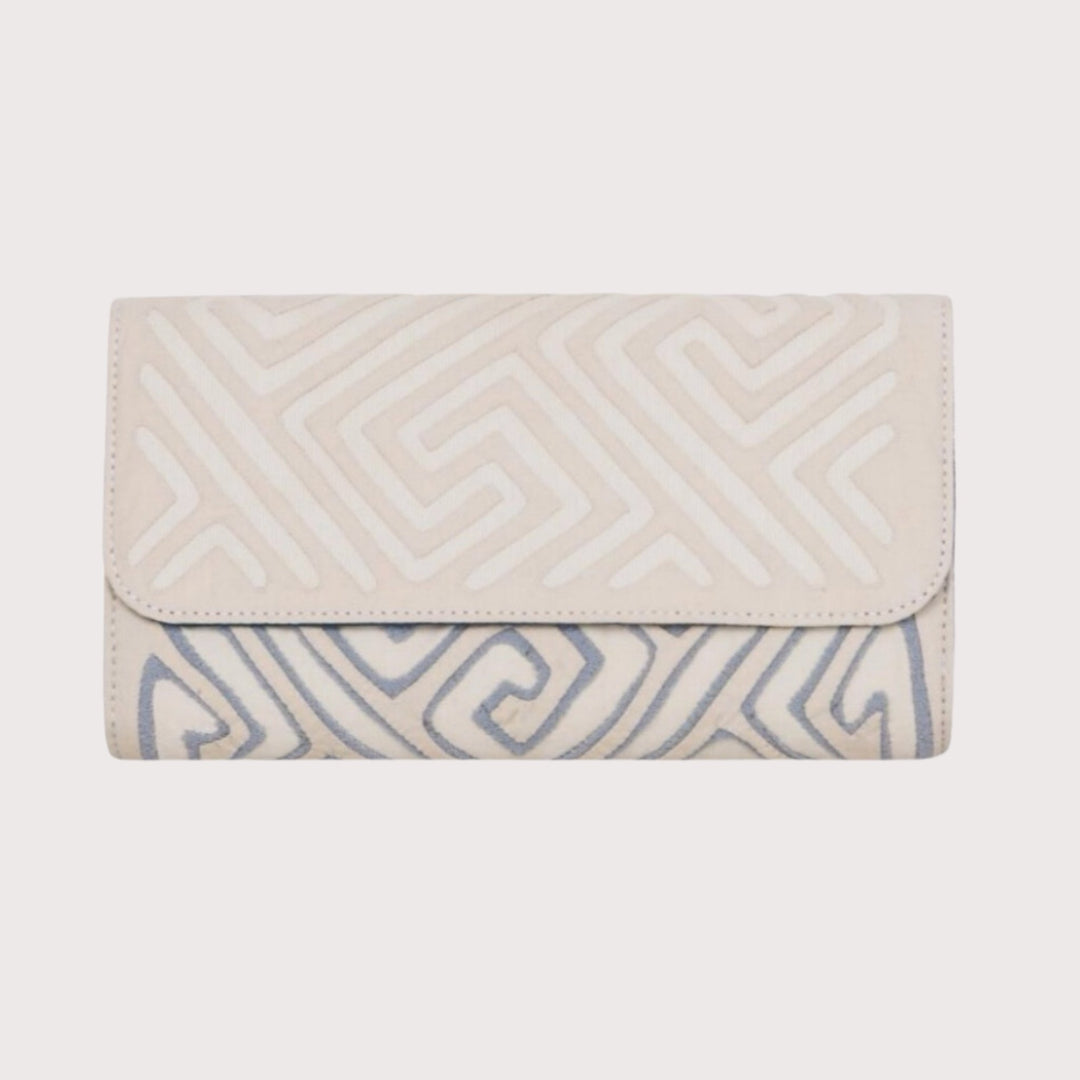Black White Kuna Clutch
- Worldwide shipping from Sweden & Germany
By Colombian fashion brand Mola Sasa.
Inspired by prairie flowers, the Kuna bag features abstract textile in black, crimson, and cerulean blue - a versatile yet eye-catching combination. Hand-sewn by indigenous women from Colombia, this bag is perfect for any occasion and can be worn as a clutch or crossbody.
Kuna Textiles are all hand-sewn by the women of the Guna Dule indigenous community in the Caiman Alto Reserve, Colombia. For generations, these women have passed down their unique craft of hand-sewing cut-out layers of fabric to create intricate patterns and designs. Each piece of fabric is a unique expression of the artisan who crafted it with care. Guna Dule culture, beliefs, and traditions are woven into every composition, depicting scenes of daily life, nature, or abstract motifs.
Size: Length: 25 CM, Width: 6 CM, Height: 15 CM
Color: Black, white, light blue (inner lining).
Material: Cotton, Linen
Clean carefully with a warm wet cloth. Do not dry clean or machine wash.
Delivery within EU 3-5 days. Worldwide within 8-10 days. VAT is included in the price. Deliveries to non-EU countries might come with extra taxes and import duties that the customer must cover.
You can get a full refund for items returned by mail within 30 days of receiving them, excluding shipping costs. No refunds or exchanges are possible after 30 days from receipt.. For more information visit Returns and Refunds Policy


